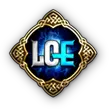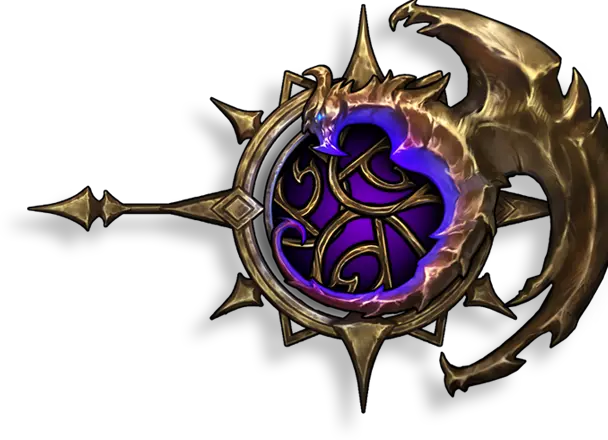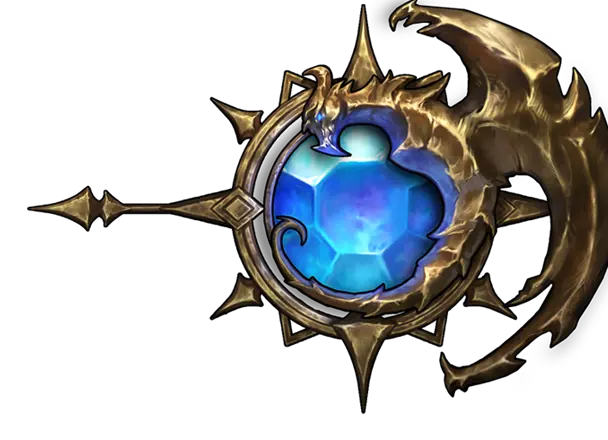How Blockchain Enables Cross-Game Interoperability
Interoperability, or the ability of various gaming platforms to interact and exchange information seamlessly, has long been a sought-after feature in the gaming industry. However, traditional games often exist in isolated ecosystems, limiting the transfer of in-game assets, progress, or experiences between different titles. Blockchain technology has emerged as a potential solution to break down these barriers and enable true cross-game interoperability. This article will explore how blockchain is facilitating this paradigm shift and the implications it has for the future of gaming.
The Limitations of Traditional Games
Isolated Ecosystems and Limited Ownership
Traditional games are typically developed and controlled by individual companies, leading to closed ecosystems where in-game assets and progress are restricted to a specific game or platform. This results in several limitations:
- Limited Value of In-Game Assets: Players invest significant time and effort to acquire in-game items or currency, but their value is limited to the game itself. There is no way to transfer or utilize these assets outside the game’s ecosystem.
- Restricted Player Experiences: Players are confined to the experiences offered within a single game. There is no way to carry over progress, characters, or items to different games, limiting the potential for diverse and interconnected gameplay.
The Rise of Blockchain Gaming
Blockchain technology offers a decentralized and transparent platform for gaming, enabling the creation of open ecosystems where assets and data can be transferred seamlessly between different games. This interoperability unlocks new possibilities for players and developers alike.
How Blockchain Enables Cross-Game Interoperability
Decentralized Platforms and Standards
Blockchain provides a decentralized infrastructure for gaming, eliminating the need for central authorities or intermediaries to control the flow of assets and data. Additionally, the development of common standards and protocols for blockchain gaming facilitates interoperability by ensuring that different games can communicate and exchange information seamlessly.
Non-Fungible Tokens (NFTs) For Asset Ownership
NFTs are unique digital tokens that represent ownership of specific in-game assets. Unlike traditional in-game items, NFTs are not controlled by a single entity and can be freely traded or transferred between players and even across different games. This enables true ownership and interoperability of virtual assets.
Cross-Chain Solutions
Cross-chain technology allows for the transfer of assets and data between different blockchains. This is crucial for cross-game interoperability, as various games may be built on different blockchain platforms. Cross-chain solutions enable seamless communication and exchange of information between these disparate ecosystems.
Examples of Cross-Game Interoperability
Legends of Elysium
Legends of Elysium (LOE) is designed with interoperability in mind. While LOE utilizes its own blockchain-based currencies, ELYTRONITE and $LOE tokens, the platform is built with the intention of future integration with other blockchain gaming ecosystems. This forward-thinking approach aims to allow players to potentially utilize their LOE assets, such as NFT cards or heroes, in other compatible games or metaverses.
Enjin
Enjin is a blockchain platform that provides tools and services for game developers to integrate blockchain technology and NFTs into their games. Enjin offers a suite of solutions for creating, managing, and trading in-game assets, as well as facilitating cross-game interoperability.
Aavegotchi
Aavegotchis are NFT-based avatars that can be used across various games and metaverses. These avatars have unique traits and can be equipped with in-game items represented as NFTs. The Aavegotchi platform promotes interoperability by allowing players to take their avatars and assets to different compatible games and experiences.
The Benefits of Cross-Game Interoperability
Enhanced Player Experiences
Cross-game interoperability creates more engaging and immersive player experiences by allowing players to carry over progress, characters, or items between different games. This fosters a sense of continuity and allows for diverse gameplay experiences.
Increased Value of In-Game Assets
The ability to transfer and utilize in-game assets across different games increases their value and utility for players. NFTs representing rare or powerful items can become sought-after commodities, creating new economies and opportunities for players.
Fostering Innovation and Collaboration
Cross-game interoperability encourages innovation and collaboration within the gaming industry. Developers can leverage existing assets and communities, leading to the creation of new and exciting gaming experiences.
Challenges and Opportunities
Standardization and Collaboration
Achieving true cross-game interoperability requires collaboration and standardization across the gaming industry. Developers need to agree on common protocols and frameworks to ensure seamless communication and exchange of information between different games.
Scalability and Performance
The scalability of blockchain technology is crucial for supporting cross-game interoperability, as the transfer of assets and data between games can generate significant transaction volumes. Solutions like layer-2 scaling and efficient cross-chain communication will be essential.
User Experience and Adoption
Simplifying the user experience for cross-game interoperability is key to mainstream adoption. Players should be able to seamlessly transfer assets and data without complex technical barriers.
Blockchain technology is breaking down the barriers of isolated gaming ecosystems and enabling cross-game interoperability. By leveraging decentralized platforms, NFTs, and cross-chain solutions, developers can create interconnected gaming experiences where players have true ownership and control over their in-game assets. While challenges remain, the opportunities presented by cross-game interoperability are vast, and we can expect to see a more interconnected and immersive gaming landscape in the years to come.







